Alfalfa meal
garystpaul
16 years ago
Featured Answer
Sort by:Oldest
Comments (12)
janetpetiole
16 years agoRelated Professionals
Allentown Landscape Architects & Landscape Designers · 70037 Landscape Architects & Landscape Designers · Beachwood Landscape Architects & Landscape Designers · Wareham Landscape Architects & Landscape Designers · Maple Heights Landscape Architects & Landscape Designers · Arlington Landscape Contractors · McKinney Landscape Contractors · Brookside Landscape Contractors · Ashburn Landscape Contractors · Olympia Landscape Contractors · Porterville Landscape Contractors · Pueblo West Landscape Contractors · Sammamish Landscape Contractors · San Antonio Landscape Contractors · West Allis Landscape Contractorscarolfm
16 years agojeanne_texas
16 years agonckvilledudes
16 years agonckvilledudes
16 years agojustmetoo
16 years agoViolet Thompson
6 years agogarystpaul
6 years agobuyorsell888
6 years agogardengal48 (PNW Z8/9)
6 years agoViolet Thompson
6 years ago
Related Stories
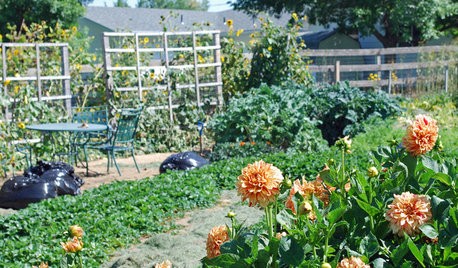
GARDENING GUIDESTackle Weeds the Natural Way
Instead of dousing your yard with chemicals to wipe out weeds, let time and nature work their magic via smothering and solarization
Full Story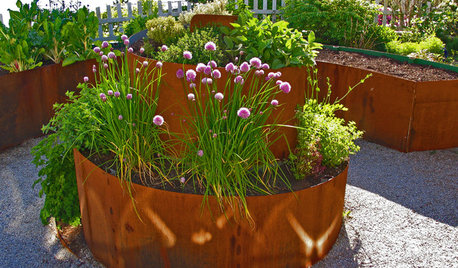
URBAN GARDENSContainers Make Growing Edibles a Cinch
If life hands you a lack of land, grow lemons — with a few basics, you can proudly reap the fruits, veggies and herbs of your labor
Full Story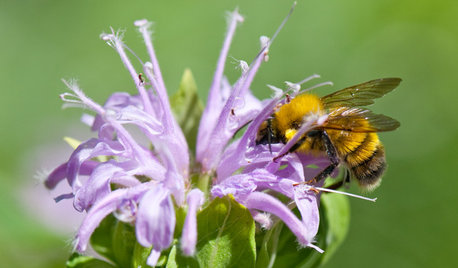
GARDENING GUIDESSupport Bumblebees by Providing Forage in 3 Seasons
Bumblebees are fascinating and fun to observe foraging in gardens. Find out how to create a buffet for these fuzzy, charismatic bees
Full Story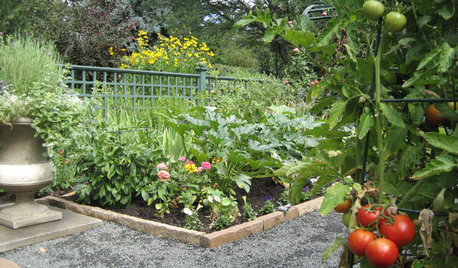
GARDENING GUIDESPacific Northwest Gardener: What to Do in June
Now's the time to prune pines and vines, prevent pests and buy June-blooming plants to keep your garden healthy and beautiful
Full Story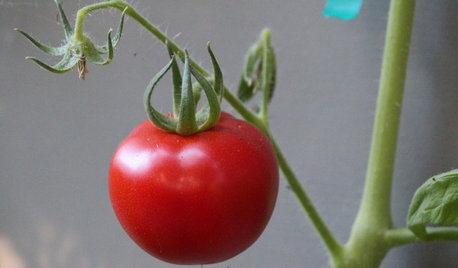
FARM YOUR YARDIf You Have Room for Only One Summer Crop ...
Get an edible that’s long on flavor even if you’re short on space, with a long-time gardener’s favorite picks
Full Story
GARDENING GUIDESThe Poop Scoop: Enrich Your Soil With Good Old Manure
Get over the ick factor already — this natural super-ingredient for soil has so many benefits, you'll wonder why you ever went chemical
Full Story
LIFEHow to Outsmart Backyard Critters
Learn to think like a raccoon, skunk or squirrel to keep your home safe and your garden intact
Full StoryMore Discussions






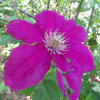
gardengal48 (PNW Z8/9)